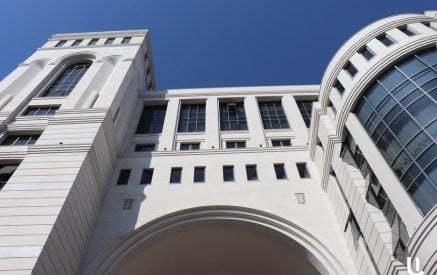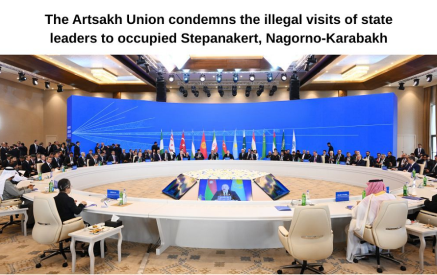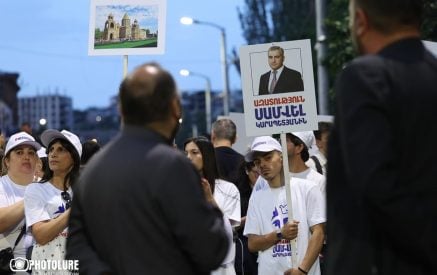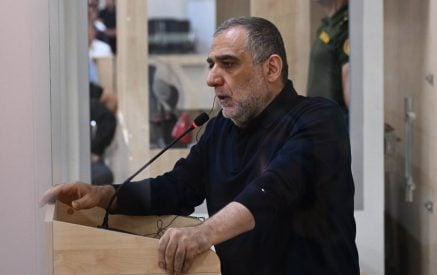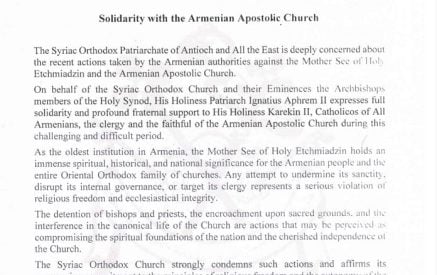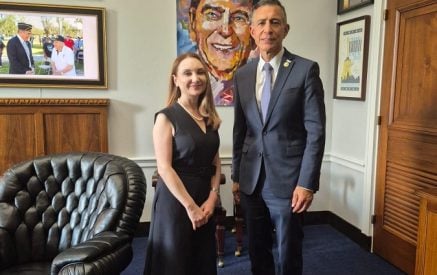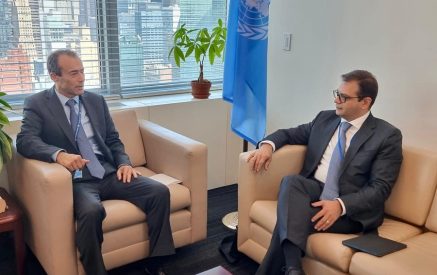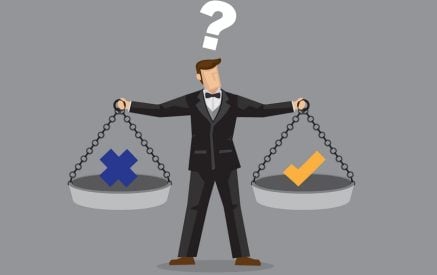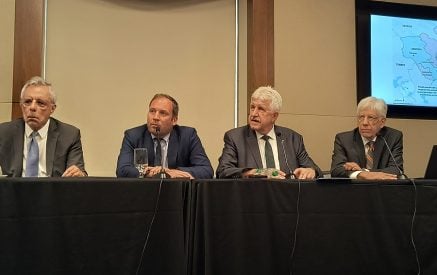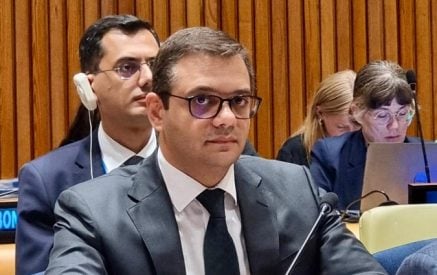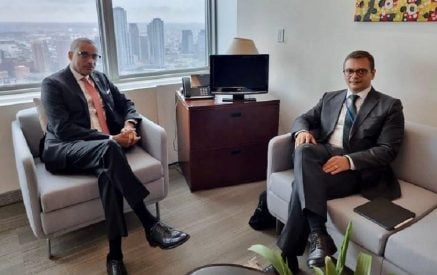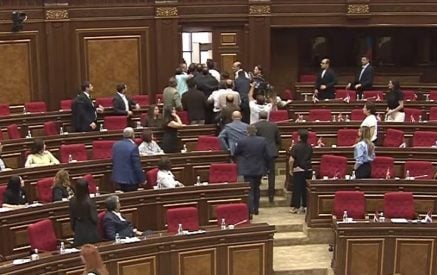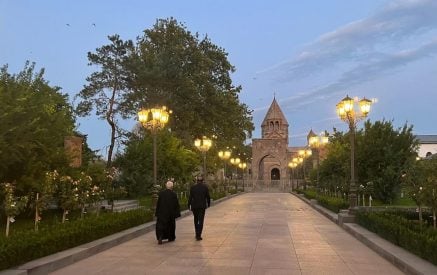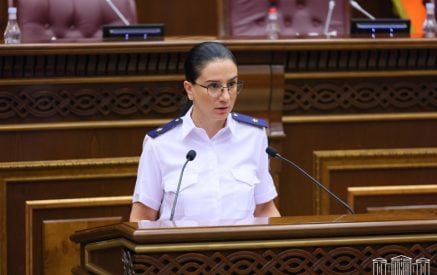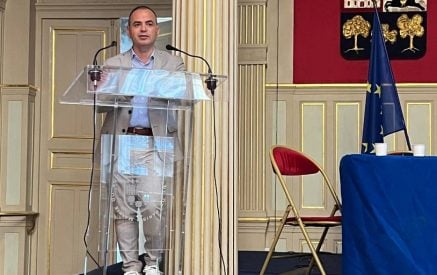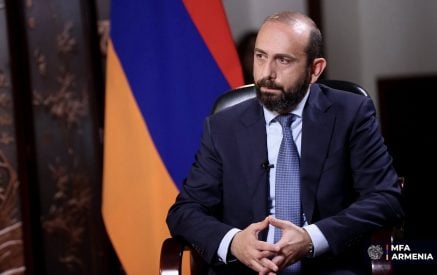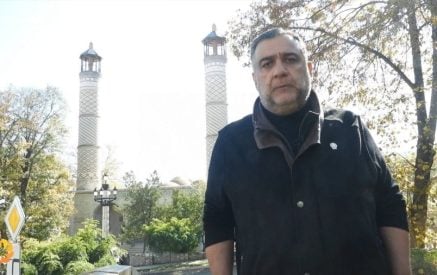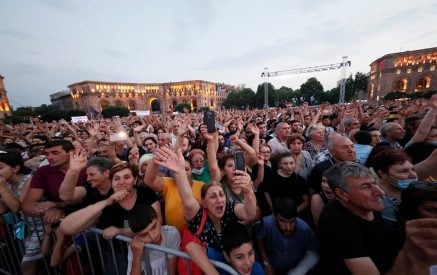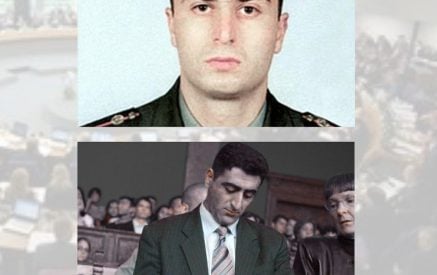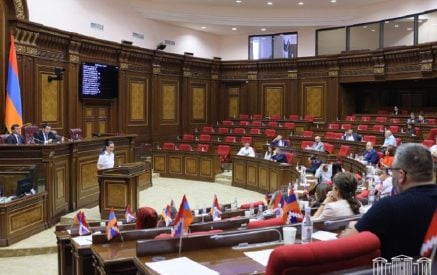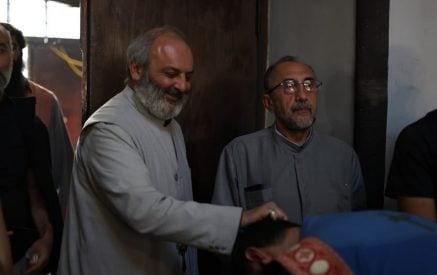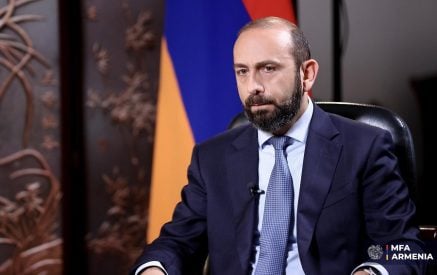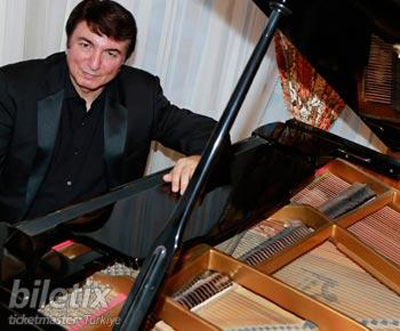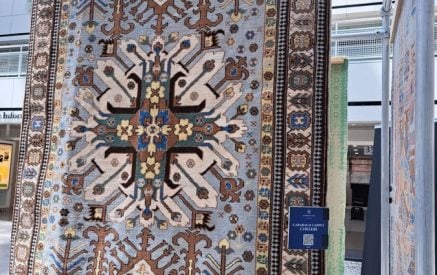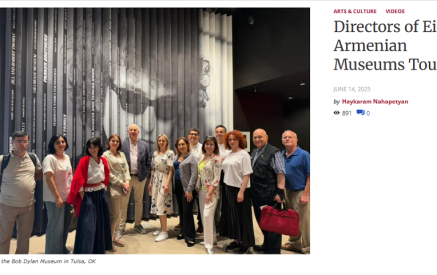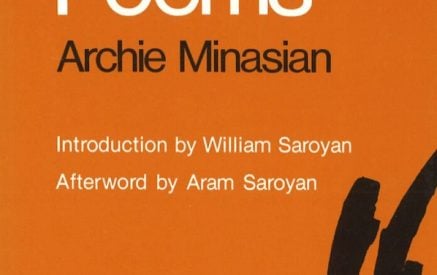Interview with pianist, composer Armen Aharonyan
– Western media calls you a man-orchestra. Since settling in the US in 1980, you have cooperated with Armenian and foreign musicians, issued over 1600 CDs composed and instrumented by you…
– I visited Armenia, gave 8 unplanned concerts in Yerevan, Gyumri, and Artsakh only 36 years later, in 2016. And leaving for the US was for family reasons indeed. In 1978 my wife and son were there. Graduating from Yerevan Conservatory in 1973, already 1 year later I was the conductor of “Urartu” vocal-instrumental ensemble famous in the USSR…
– How come the quality musician educated in Armenia appears in the US and his glory immediately spreads throughout the world? Do not say that the US was waiting for you. Don’t you agree that if you stayed in Armenia, you would not be as famous as you are now?
– That country was waiting neither for me nor for a row of artists that had left for the US for permanent residency and are famous today. However, my story is the following: the next day I stepped in the US I met one of my friends, Raffi Hakobyan in a Jewish restaurant, who had migrated from Georgia long before. That evening, after my performance in the same restaurant partnership, offers from Jews, Greek, Iranians, and Russians rained on me. My sleepless nights started, which continue until today. Years later I did the instrumentation on one or two songs for Charles Aznavour and his daughter – Seda, as well as Aznavour’s sister – Aida. As regards famousness, of course, how could the talented Armenian musician behind the iron curtains in Soviet years enter into international platform. The entry of suchlike artists into international market takes place by their one or two tours. Eventually, the Soviet Union collapsed. In America we say it was a revolution, but sadly enough that revolution blazed a way for only low quality and rabis musicians and they blossomed. Cinematography, opera, classical music and other branches of culture simply disappeared. Now a revolution took place as well. But I think that such oligarchic style will certainly fade away, in the consequence of which the demand of low-quality artists will decrease and the true art will wake up from its sleep. Not only America residing Armenians think so, but also the foreign nationals following the developments in Armenia… The rise of high art is already visible, or else Armenia was pursuing the path of gladiators’ era when they fought with beasts on the arena already. A couple of years ago we were shocked in the US when we saw on the internet how the donkey was being served to the lions. But inasmuch as the lions were still cubs, the donkey was attacking them severely. They could “make the donkey calm down” with the help of a weapon, finally. The latest developments show that “Nuremberg Trial” awaits Armenia…
– They say you are going to come back to your fatherland and issue your first solo album here after issuing over 1600 CDs for Armenians and foreign musicians with your participation.
– It is true. My Yerevan homecoming will take place in a couple of days, and a big concert will take place in “Aram Khachaturian” Concert Hall on July 27, where the audience will meet famous and young singers who will perform in cooperation with Armenian State Estrada Orchestra of the radio, with composer Yervand Yerznkyan and Martin Vardazaryan in the lead. The concert will last a bit long – 3 hours because the program encompasses Armenian compositions having become classics throughout 40 years. That day the presentation of my first CD will take place as well. Compositions of Komitas, Artemi Ayvazyan, Konstantin Orbelyan, Michel Legrand, Charles Aznavour, Gershwin and other famous composers will be played on the grand piano.
Interviewed by SAMVEL DANIELYAN
“Aravot”
19.06.2018



